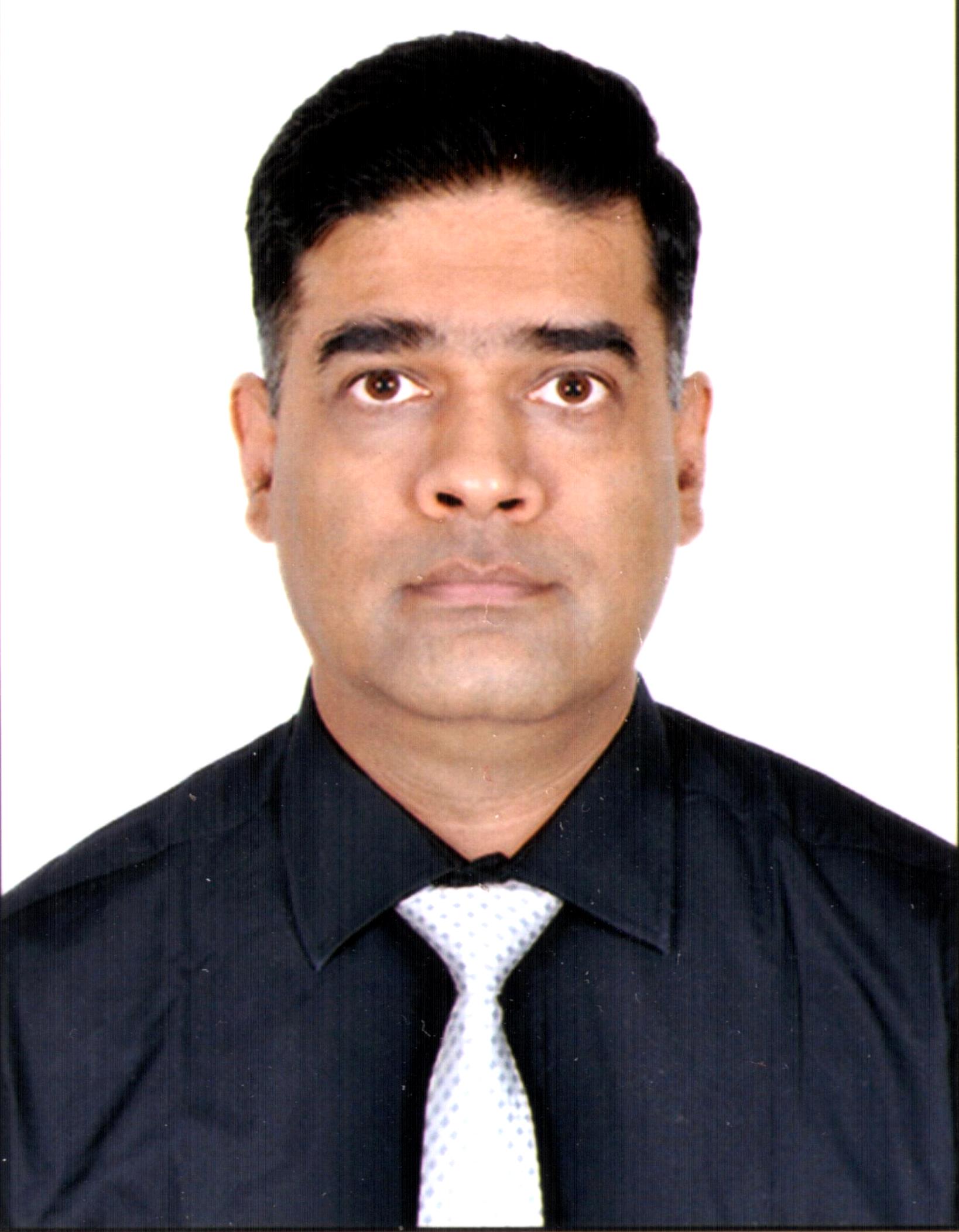
Vivek Lal
King Faisal University, Saudi Arabia
Title: New Drug Development in Type-2 Diabetes Mellitus : Current and Future Trends – An Overview
Biography
Biography: Vivek Lal
Abstract
Type-2 Diabetes Mellitus (T2DM) is a pandemic affecting the developed and developing countries. The global prevalence, as per an estimate in 2010, is 285 million people, which effectively translates into a total of 6% of the world’s adult population. Arguably, an effective and optimal treatment of this disease is the need of the hour. Till very recently the thrust of the treatment of this disorder was on insulin secretagogues and drugs which can reduce insulin resistance to some extent. Of late, this objective seems to have deviated into finding agents which can just reduce blood sugar levels, distancing themselves from the physiological mechanisms responsible for glycemic control. Drugs like α-glucosidase inhibitors and the SGLT-2 co-transport inhibitors facilitate the elimination of sugars in the feces and urine, respectively, with expected moderate to severe adverse effects. While these drugs may be useful in a specific category of patients, their general utility for all patients of T2DM may not be fully justified from a purely scientific perspective. The pathophysiology of T2DM mandates a reversal of all the processes which are impeding insulin action in spite of an almost normal secretion from the Islet-beta cells of the pancreas. The clinical limitations of agents like the biguanides and thiazolidinediones have probably initiated a race to come up with agents which just lower the blood sugar levels at any cost, especially the post-prandial levels. Active research is going on globally to come up with insulin analogs, novel insulin preparations and devices, novel insulin secretagogues, novel routes of administration including oral and nasal insulins etc, but adequate research in reversing insulin resistance seems to be lacking, which actually is the need of the hour for the optimal treatment of T2DM. In this talk we would focus very briefly on the insulin receptor, its physiological role, transduction mechanisms at the molecular level and the ongoing research on insulin receptors. This would be followed by a detailed discussion on potential targets for putative agents which can expectedly overcome the flaws in the affected receptors of T2DM, thereby facilitating an effective control of this dreaded disease.
